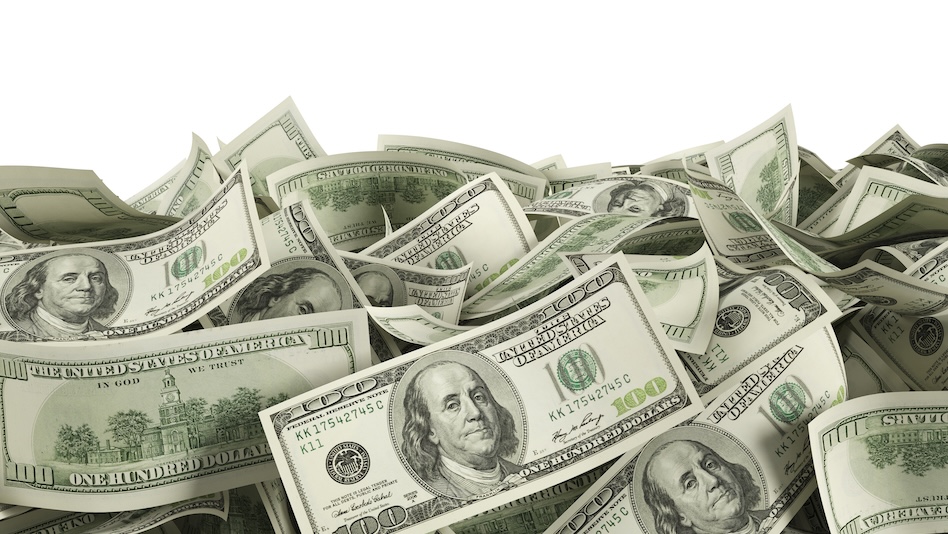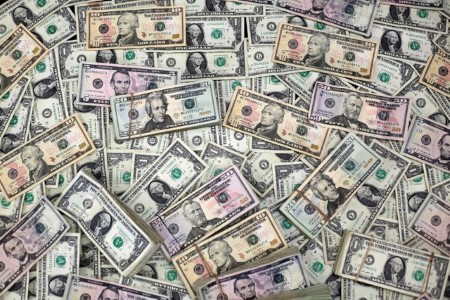

INSIGHTS 

INVESTMENT STRATEGY
THE BASICS
DOWNLOADS 

 DOWNLOAD
DOWNLOAD

 DOWNLOAD
DOWNLOAD

 DOWNLOAD
View all Reports
DOWNLOAD
View all Reports


Inflation Update: Up, up, and away?
 DOWNLOAD
DOWNLOAD

Economic Updates
Quarterly Economic Growth Release: Growth takes on a slower pace
 DOWNLOAD
DOWNLOAD

Economic Updates
Policy Rate Views: Divided Fed kept rates unchanged for now
 DOWNLOAD
DOWNLOAD
Follow us on our platforms.


Rates & Bonds
3 MIN READ
US yields dip as market in consolidation mode, after dovish Fed comments

This article originally appeared on reuters.com





 By Reuters
By Reuters